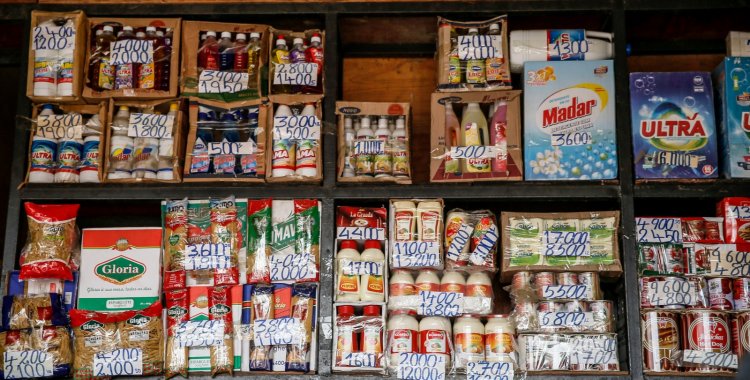“The REA, as it was initially conceived and the way it was implemented, had to do with the concern for the country's food security and within what ended up being a need that arose at the time”, stated the Minister of Industry and Business.
Rui Miguêns, who was responding to a journalist about the situation of the REA, a Government initiative that aimed to promote a reduction in the prices of essential food products, recognized that it was created basically using imports.
“Obviously, the Government was not satisfied with this model and, therefore, one of the tasks we received was to rethink the REA model and that is what we are doing”, he argued during his speech at the 11th edition of CaféCIPRA .
The minister explained that the new REA model, whose operationalization will be the responsibility of the Angolan Customs Warehouse (EAA), will be based on national, agricultural and industrial production, and a financing model that does not burden the State.
“Secondly, the REA financing model itself will be done in a way in which it does not generate unforeseen liabilities for public accounts, that is, we will use the instruments that the State already has, which are operational, such as the EAA, which will have the role of managing the REA”, he pointed out.
“[The EAA] is an instrument and, as such, we are going to make private partners also participate in this instrument that is the REA and we are going to do it in a regulatory way”, he pointed out.
He noted, however, that the REA, in this model, will only be able to resort to imports in an emergency situation.
“These are the pillars, there may be, eventually, in the case of a national emergency, a recourse to imports, but in principle it will always be in very exceptional cases and in second place”, concluded the Minister of Industry and Commerce.
Rice, corn, soybeans, sugar, and chicken are some products that make up the REA, whose initial operationalization began on December 22, 2021 under the responsibility of the private group Carrinho, whose model and objectives were highly criticized by opposition political parties, businesspeople and civil society.
The “Impact of Foreign Investment in the Productive Sector” was the topic addressed in this first edition of CaféCIPRA 2024, which had as speakers the Minister of State for Economic Coordination, José de Lima Massano, the Minister of Agriculture and Forests, Francisco de Assis , from Industry and Commerce, Rui Miguêns and the president of the Board of Directors of AIPEX, Lello Francisco.







